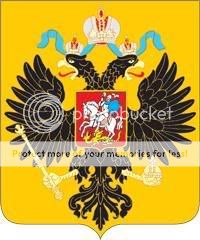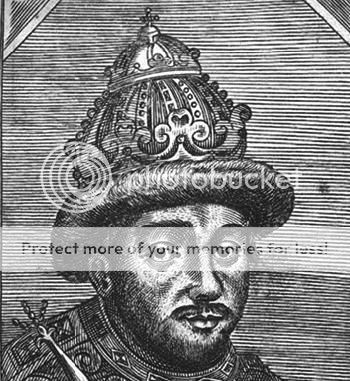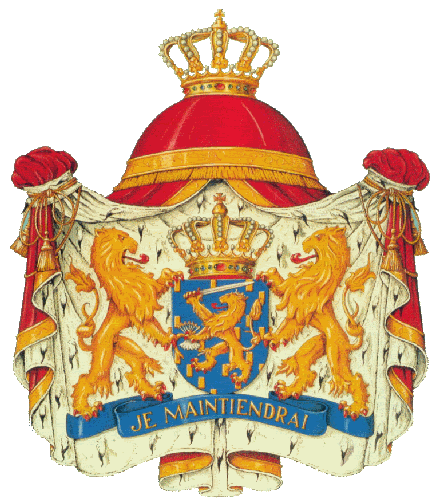The Dutch had large merchant and shipping fleets. In 1670, about 10% of Dutch adult males were sailors-the Dutch had more trading ships than England, France, Germany, Portugal, Scotland, and Spain combined. Of the 20,000 trading vessels carrying the maritime commerce of Europe; 15,000 were Dutch trading ships.
The Dutch East India Company was founded in 1602 with a starting capital investment of 6,425,000 florins, (3,675,000 of those florins came from merchants based in Amsterdam), nearly 40X the amount of capital the British trading company had when it was founded. The Dutch East India Company traded in tea, coffee, and spices and its monopoly would not be challenged until the latter half of the 17th century by an emergent English East India Company. The Dutch West India Company was founded in 1621 with 7,100,000 florins and traded in slaves, sugar, gold, and ivory but constant war and raids with the Spanish would negate any profits from the trade. By the 1630-1640's, most of their profit came from raiding those riduculously mega-galleons hauling gold and silver from New Spain.
Slave trade was also big in the Netherlands and they would manage the slave trade for the neighbouring factions and commanded a 10,000 fleet of slave vessels. Amsterdam would be the Slave Capital of Western Europe until the 1700s when the English would dominate the seas and subsequently the trade.
The Dutch were also involved in fishing but 1650 onward constant raids by the English/France Privateers would destroy much of their fishing trade. The Dutch also depended on the Baltic for the timber they use for shipbuilding and England would continually target Dutch shipping lanes in the Baltic which resulted in the Baltic trade dropping to 50% of their prewar trading profits. Other trades in the Baltic involved importing grains from Poland. However, the agricultural revolution/Tulip craze would soon end the extremely profitable Eastern European grain trade in Western Europe although the Dutch would still import some grain due to their dense population and lack of farmland. Nevertheless, the Dutch would find new customers for the grain in the Ottoman Empire and the New World Islands although one wonders why the Sultan didn't just use the shorter route through the Balkans to get their grain.

The wars took a tremendous financial effort to win, costing the Dutch 960,000 florins in 1579, 5.5 million florins in 1599, and 18.8 million florins in 1640. Despite this expense, the Dutch were in stronger financial shape than ever by the end of the wars and were well on their way to becoming the dominant commercial and economic power in Europe. However, even the Dutch golden age couldn't last forever and in the latter half of the 17th century the Dutch annual debt soared over 500% due to their overextended military and foreign wars with England, France, and Spain/HRE.
The Dutch society would have good morale and they even had charitable instuitions that would help up to 10% of the urban population at the begining of the 1650s. They were tolerant of other religions although some were viewed with more favorable light. After independence the Netherlands adopted Calvinism as a state religion, but practiced religious tolerance towards non-Calvinists. It became a haven for Jewish and Protestant refugees from Flanders, France (Huguenots), Germany and England (Pilgrims for instance). There have always been considerable differences between orthodox and liberal interpretations of Calvinism: between Arminianism and Gomarism in the 17th century. Many immigrants came to the cities of the province Holland in the 17th and 18th century, especially from Protestant parts of Germany. The amount of first generation immigrants from outside the Netherlands in Amsterdam was nearly 50% in the 17th and 18th century. If you add immigrants from the second and third generation and immigrants from the Dutch countryside, then the city was mainly inhabited by immigrants. People in most parts of Europe were very poor, and there was a lot of unemployment. But in Amsterdam there was always work. Tolerance was important, because a continuous influx of immigrants was necessary for the economy. Travellers were surprised that the police didn't control them in Amsterdam. The Netherlands also sheltered many famous refugees, including Flemish Protestants; Portuguese and German Jews; French Protestants (Huguenots); the founder of modern philosophy, Descartes; and, temporarily, the Pilgrim Fathers, who were to become symbols for the US tradition of republicanism.
However, this was before the wealth would be strained. The lack of funds would hamper the Dutch's ability to compete with foreign markets and would begin a vicious cycle that would lead to a bankrupt state. The continual wars and competion would eventually lead to low morale and an unwillingless to restore their rightful place in Europe and would set in motion, the Dutch Empire's Golden Age demise. In order to fund any more wars, new taxes would have to be imposed but the merchants and influentual families believed taxes would compromise an already weakened economy and thus the Dutch would continue their slide into debt.
Originally Posted by Northnovas









 Reply With Quote
Reply With Quote


 . got some information there.
. got some information there.

























 , I shall accept your offer of alliance, comrade Leopold of Austria. While Poland looks not to unprovoked war, let the enemies of Poland know that if invaded, they shall bow to the might of the Polish-Lithuanian-Austrian Alliance!
, I shall accept your offer of alliance, comrade Leopold of Austria. While Poland looks not to unprovoked war, let the enemies of Poland know that if invaded, they shall bow to the might of the Polish-Lithuanian-Austrian Alliance!
Bookmarks